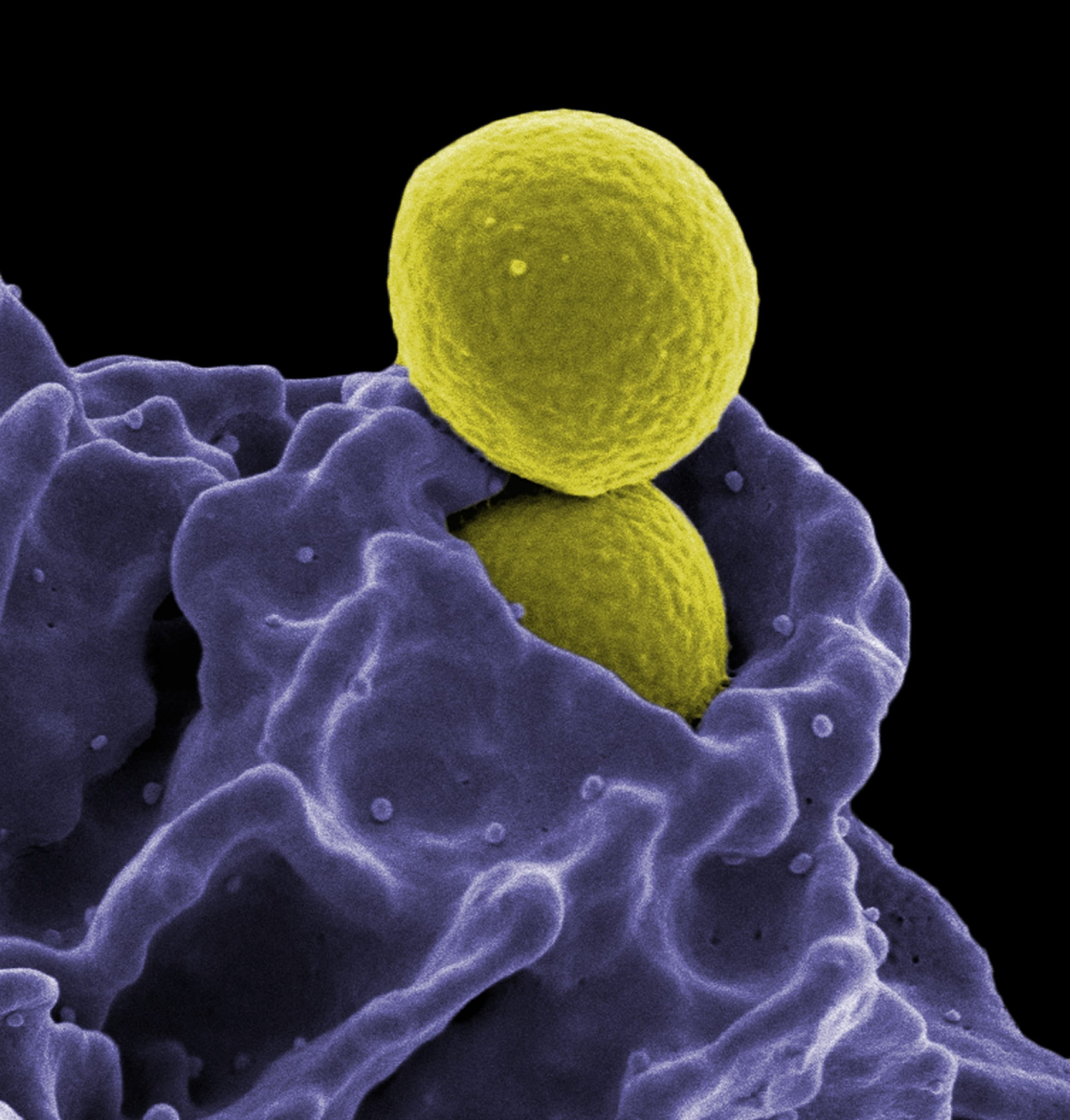
Within SSERC we have a range of activities which may be useful to support learning and teaching and these are listed in the following sections. Please note that some activities may be useful in more than one Unit and indeed may be useful in other Courses (e.g. Higher Biology, Advanced Higher Biology) and our categorisation of activities reflects this flexibility.
Emphasis is placed on the maintenance of the diploid number of chromosomes in the division of somatic cells and reduction division to the haploid number of chromosomes in gametes from germline cells. Consideration is given to the research and therapeutic value of stem cells and to uncontrolled division of cancer cells providing opportunity to look at wider social issues and the relevance of applied biological science. This Unit recognises the central importance of DNA to cell processes. The emphasis is on the expression of the genotype encoded by DNA into the phenotype of protein structure and function through the mechanisms of transcription and translation. The control and regulation of metabolic pathways is essential to cell function. Metabolism should be seen as a network of connected and integrated pathways with reversible and irreversible steps and alternative routes. The role of genes in coding for enzymes that control and regulate pathways further demonstrates the central importance of DNA and the regulation of gene expression in the cell.
This Unit focuses on reproduction and the cardiovascular system, two areas where biological research and knowledge is of particular significance and relevance to the human species.
 Perception and Memory
Perception and Memory
Perception Workshop
This PowerPoint, and its associated activities, address the following mandatory course key areas: Perception is the process by which the brain analyses and makes sense out of incoming sensory information. The three areas of perception involve segregation of objects, perception of distance and recognition.
- PowerPoint
- Pupil Activities (zipped folder)
- Three dragons (video)
- Einstein hollow mask (video)
Muller-Lyer
Investigations using the Muller-Lyer illusion
 Specific cellular defences
Specific cellular defences
Immunology – an overview by Gary Entrican & Sean Wattegedera at the Moredun Research Institute.
Immunology (SSERCmeet)
Professor Gary Entrican of the University of Edinburgh and the Moredun Research Institute recently presented a SSERCmeet on the subject of immunology within the new Higher Human Biology curriculum. A recording of the SSERCmeet can be viewed here. In addition a copy of the associated PowerPoint can be accessed here
The transmission and control of infectious diseases
Active immunisation
Let’s Talk – Vaccines and Vaccination The aim of these activities is to develop an understanding of immunity and vaccines and the importance of vaccination programmes in general. It also aims to give the pupils information about Human Papilloma Virus and opportunities to discuss some of the resulting issues.




